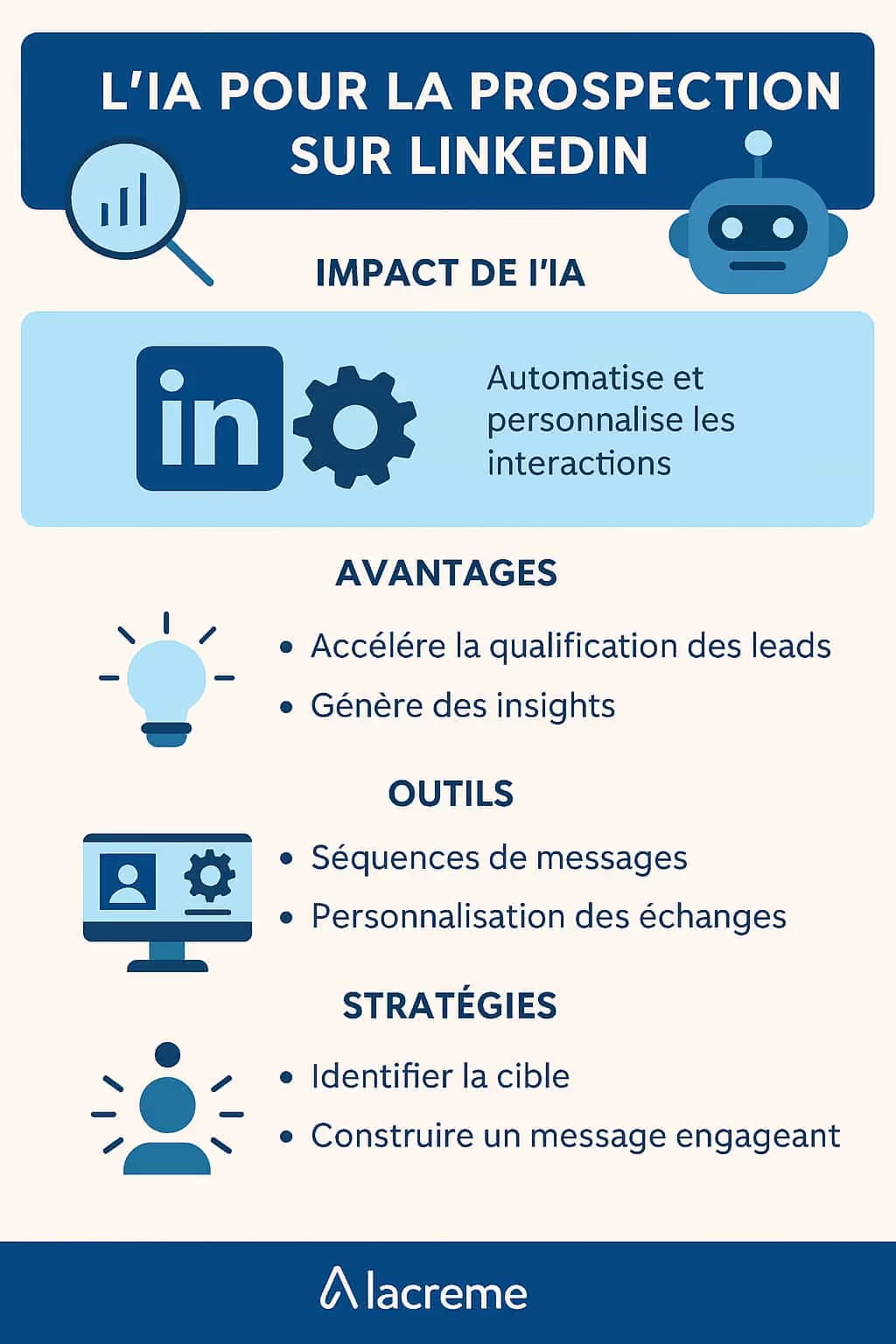The emergence of fintechs powered by AI
The global financial landscape is undergoing an unprecedented transformation with the emergence of fintech startups that are integratingartificial intelligence (IA) in their services. These innovative companies are creating new business models, optimizing and disrupting the traditional financial sector.
What AI brings to financial services
The use ofAI transforms the internal functioning of financial institutions, offering fast and efficient solutions for the processing of big data. Machine learning and natural language processing (NLP) technologies make it possible to increase the accuracy of analyses and decision making in real time.
Innovation and personalization through artificial intelligence
Fintech startups are usingartificial intelligence to personalize their offers. By relying on behavioral analysis and big data, these companies offer their customers personalized financial products, adapted to the specific needs of each.
Key role of AI in securing transactions
THEAI plays a major role in making financial transactions more secure. It makes it possible to detect and prevent fraud by analyzing behavioral patterns and applying complex algorithms to recognize suspicious activities.
Strengthening cybersecurity in fintech
Machine learning technologies are crucial in building a robust cybersecurity system by identifying constantly evolving threats and defending against sophisticated cyber attacks.
Artificial intelligence technologies for regulatory compliance
As financial regulations are constantly changing, theartificial intelligence allows fintechs to stay up to date with legal changes, helps automate compliance reports and thus reduces the risks of human errors and associated costs.
Artificial intelligence in support of financial decisions
With large volumes of data to analyze, businesses are now usingartificial intelligence to support financial decision making. AI makes it possible to process and interpret this data to make market forecasts and help financial institutions better understand risks.
Predictive analytics to anticipate market trends
Thanks to predictive analytics models developed by AI, businesses can anticipate market movements and make strategic decisions to maximize financial returns.
Robo-advisors: automating financial advice
Robo-advisors use algorithms to provide personalized financial advice and manage investment portfolios automatically, at a fraction of the cost of traditional advisors.
Impacts of AI on the customer experience in fintech
The adoption ofAI by fintechs has also improved the customer experience significantly. Access to financial services is becoming easier and more intuitive, bringing added value to end users.
Chatbots and virtual assistants: customer care reinvented
Chatbots and virtual assistants use NLP and machine learning to provide fast and personalized customer service, answering customer questions at any time, without human intervention.
Customizing financial products and services
THEAI makes it possible to analyze user behavior and to adjust the product offer accordingly. Customers thus benefit from truly tailor-made services that correspond to their expectations and their risk profile.
The future of fintech startups with artificial intelligence
The association ofartificial intelligence and fintech represents a promising future for the financial sector. This synergy could lead to increased democratization of financial services and to an overall improvement in the efficiency of the sector.
Expected developments and growth prospects
As AI continues to develop, we can expect fintech startups to multiply, offering even more innovative and disruptive solutions that could redefine financial services as we know them.
Ethical and societal challenges of AI in the financial sector
Advances in AI also raise ethical questions, such as the risks of algorithmic bias and the protection of privacy. Fintech startups need to be vigilant to ensure that technology is used in a responsible and transparent manner.






